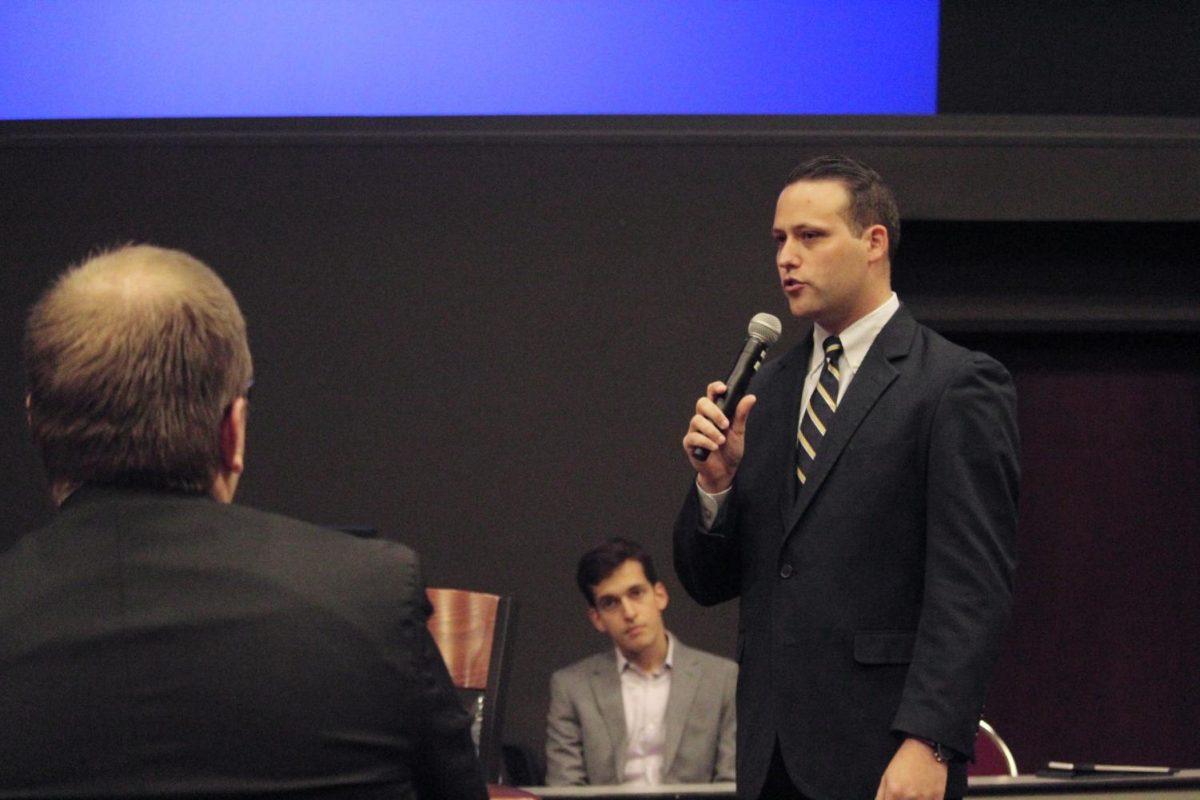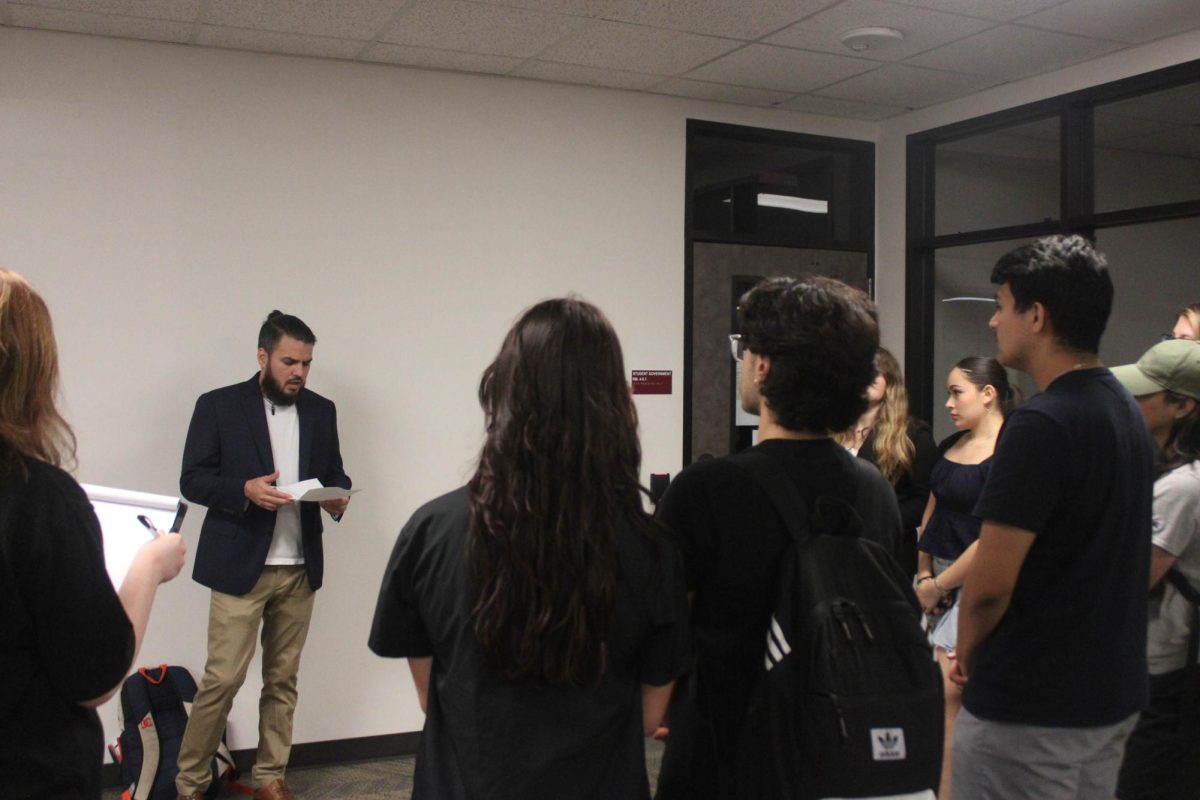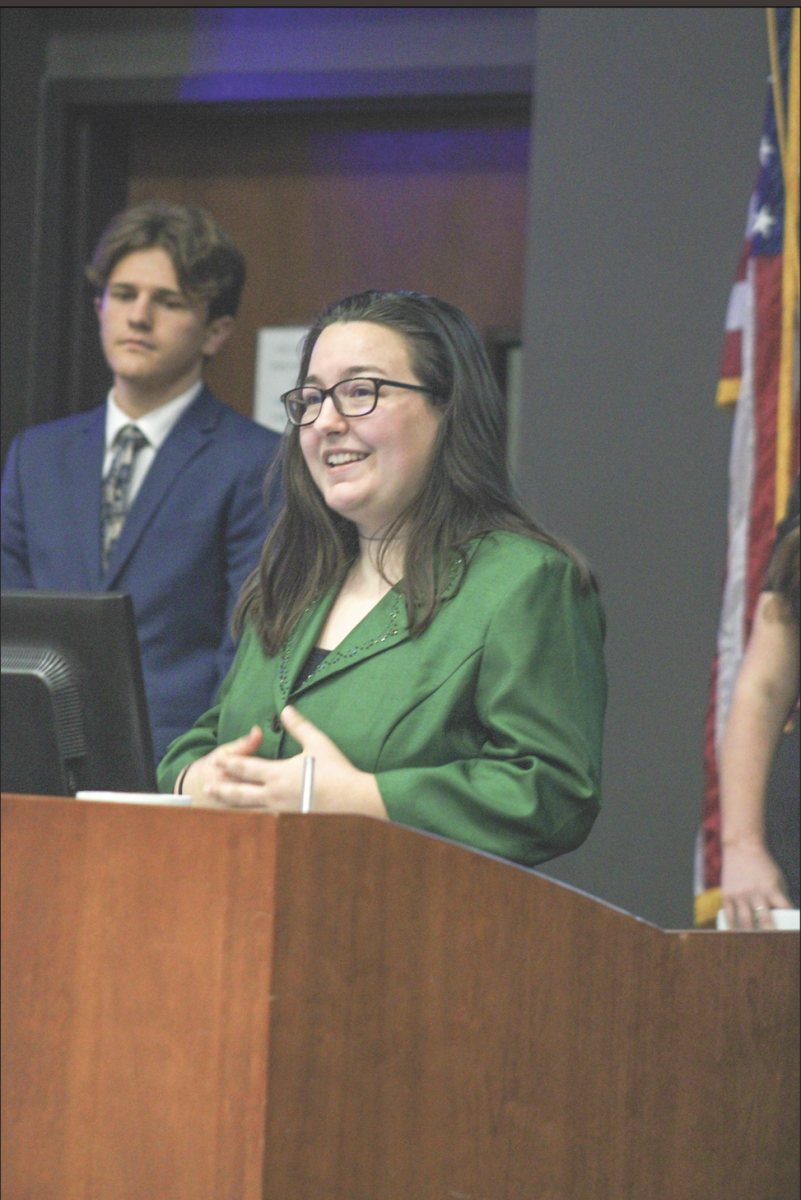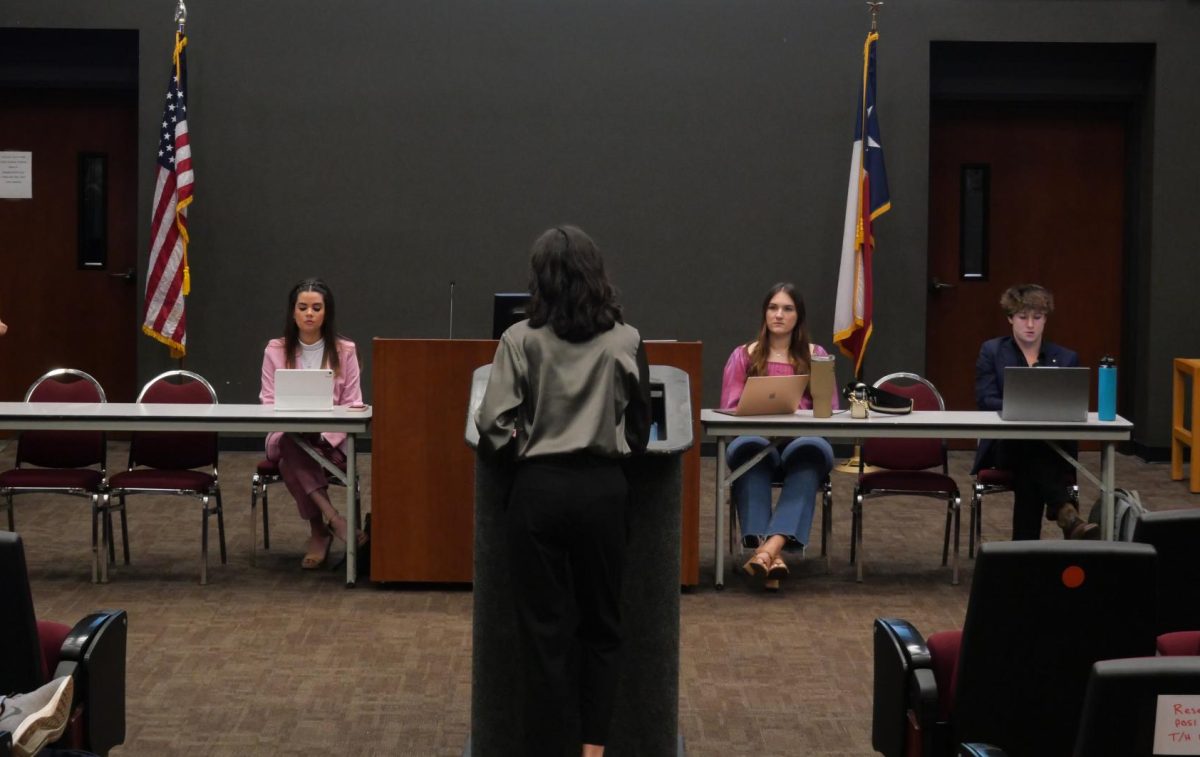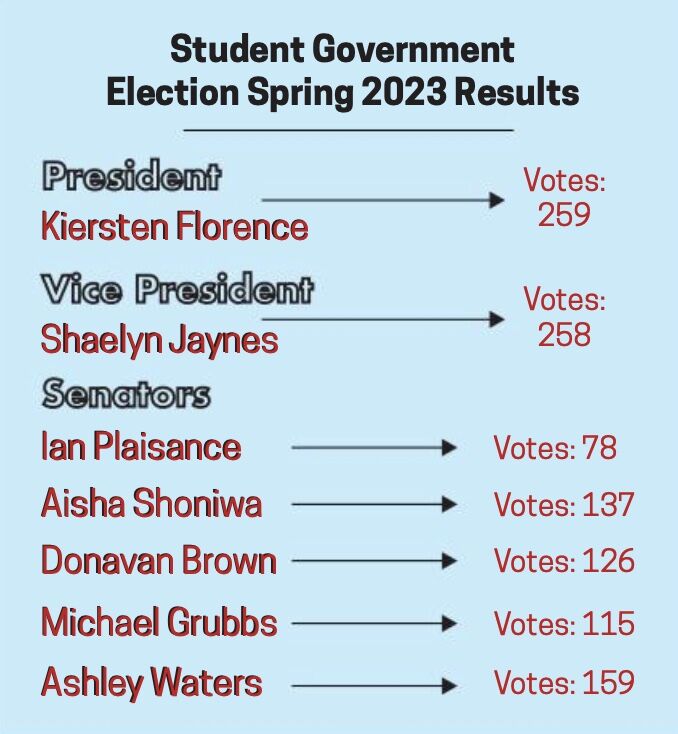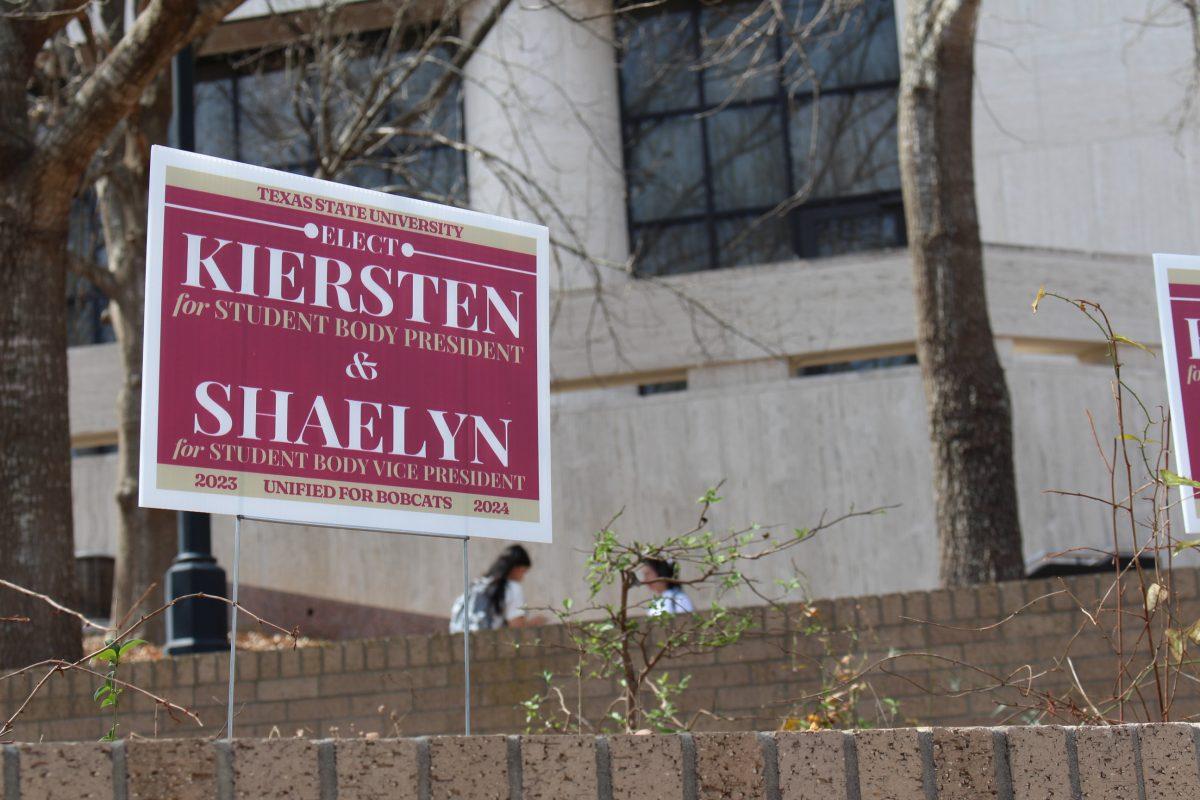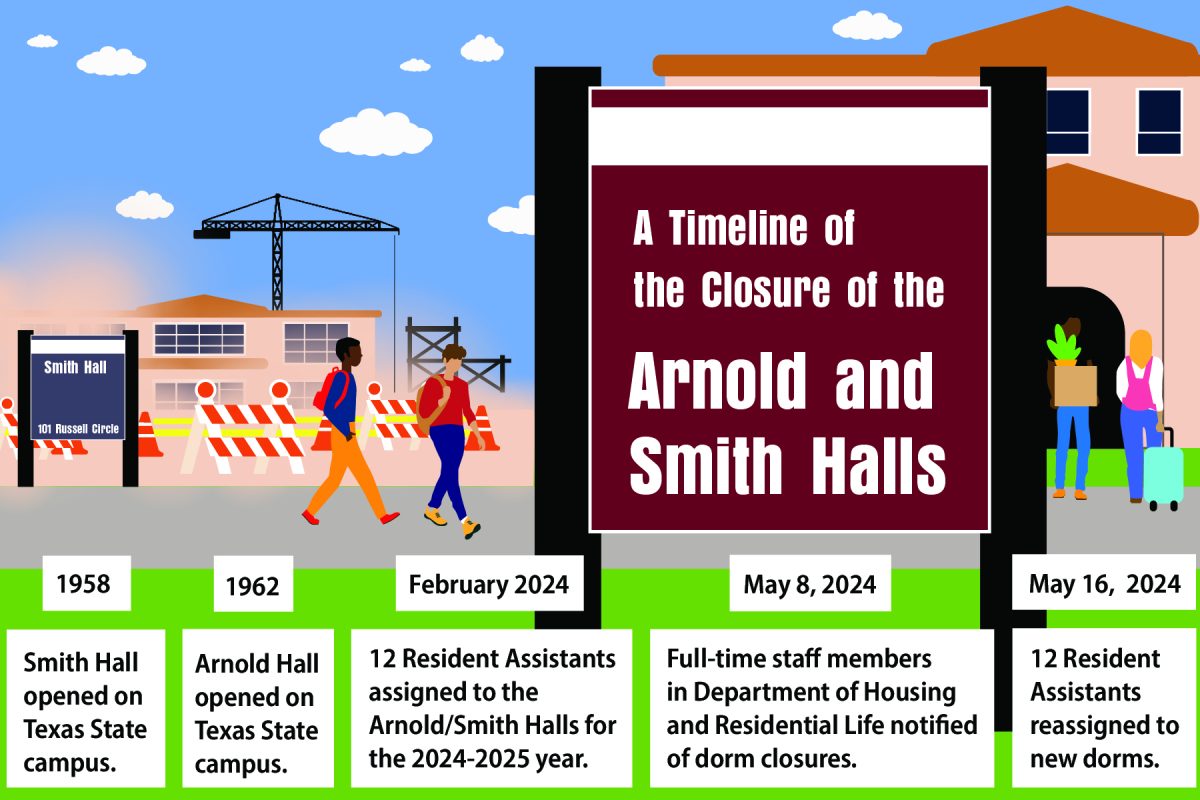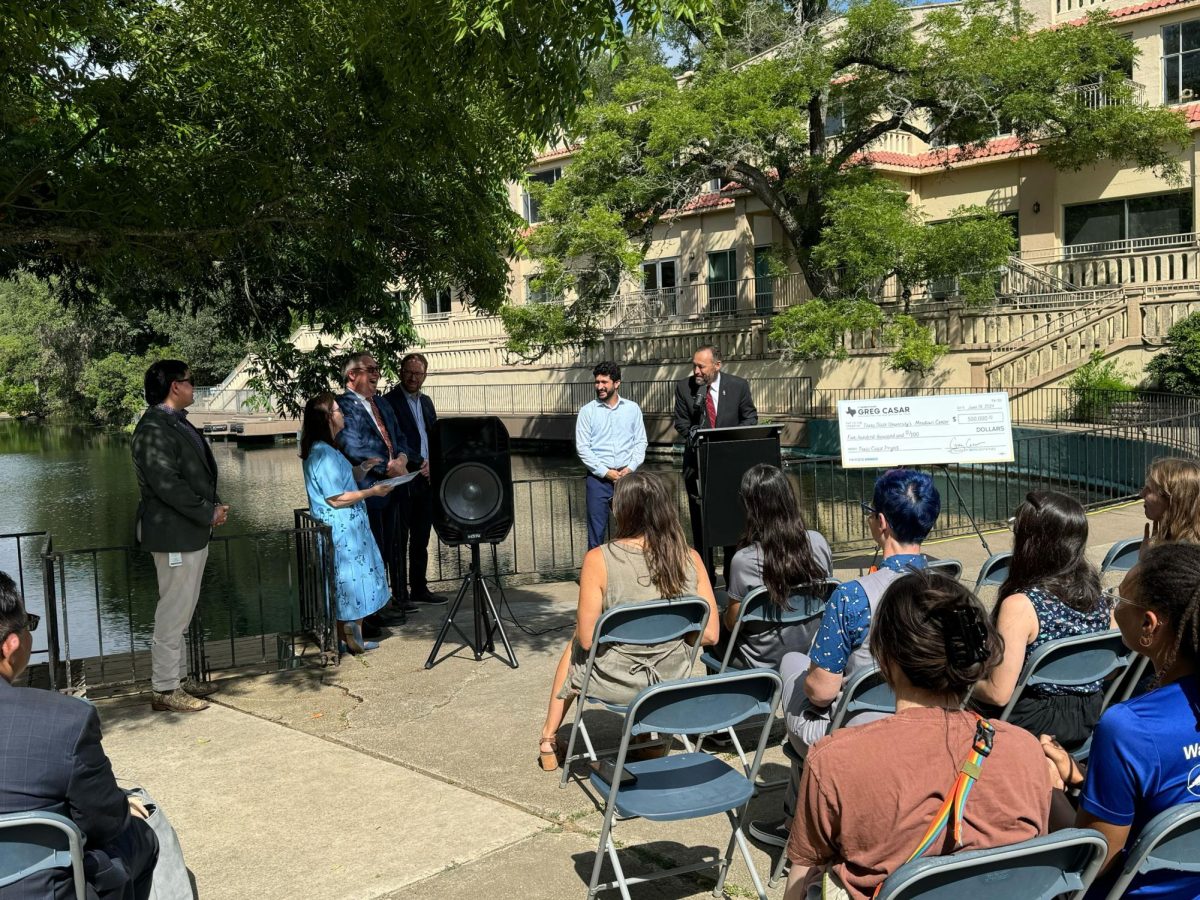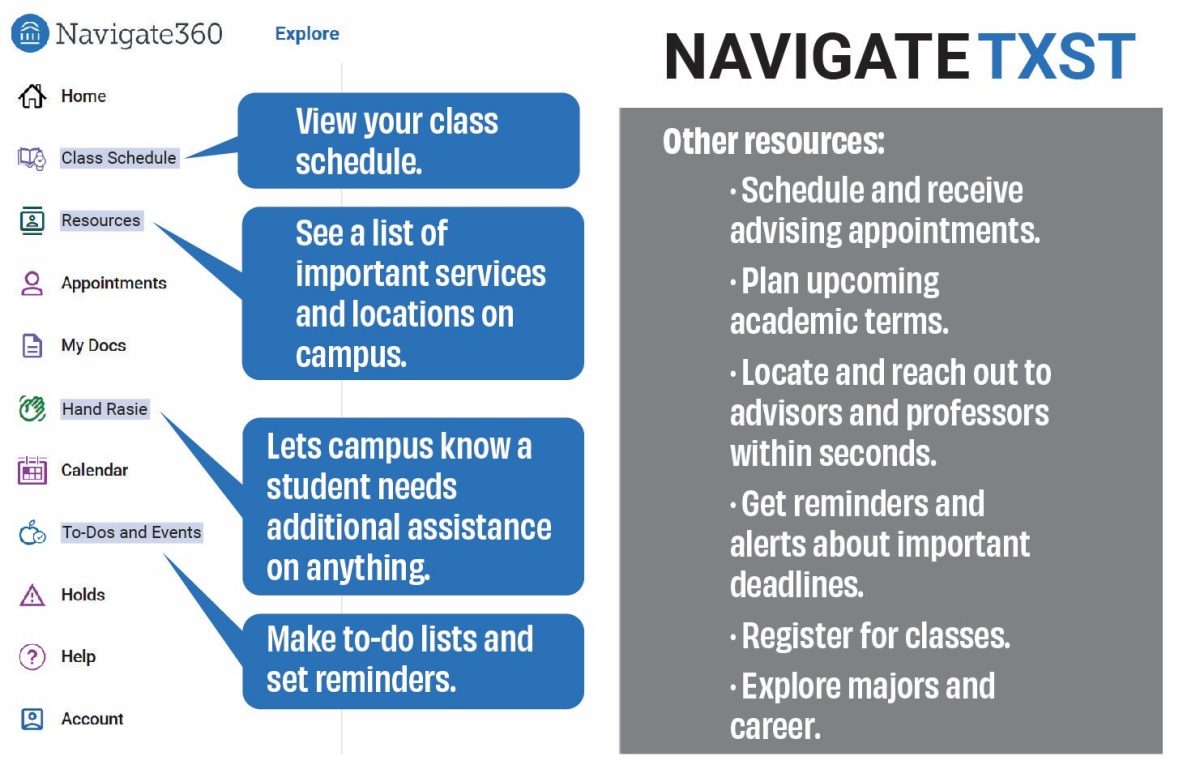After filing an injunction request and an additional complaint with the Student Government Supreme Court, Cody DeSalvo has been reinstated into his position of parliamentarian of the Senate.
The injunction and complaint were made in response to the vote-of-no-confidence resolution passing in favor of DeSalvo’s removal from the office of parliamentarian.
On Oct. 26, DeSalvo was removed from the internally-elected position of parliamentarian, which is responsible for maintaining order at meetings and assisting with debate and discussion. Vice President Andrew Florence broke a 13-13 tie on the vote-of-no-confidence resolution in favor of DeSalvo’s removal.
This resolution, written by Senator Matthew Smith, followed a complaint DeSalvo filed against Florence Oct. 12 regarding the lack of statutory compliant attendance records of Senate meetings.
According to the Student Government Code of Laws, Florence is to ensure the Senate clerk and chief of staff, Hannah Nunley, records who is present, absent and tardy for all meetings held, as well as what type of excuse a senator provides for being absent or late. He is also responsible for enforcing the Senate’s attendance policy and transmitting the attendance records to the Senate leader and parliamentarian so that they may serve as a check on him.
The case was heard by the court Oct. 19, and it ruled Florence in violation of two statutes in the Student Government Code of Laws and gave him three days to transmit statutory compliant records to DeSalvo.
Florence has since filed an appeal of the court’s decision to the Dean of Students, Dr. Vincent Morton, who has heard both parties and says he will release a written decision by Nov. 13.
The new complaint and injunction, both made the week DeSalvo was voted out of office, were meant to stop the enforcement of the vote-of-no-confidence, temporarily delay the election of a new parliamentarian and ultimately reestablish DeSalvo in the office.
The court, per DeSalvo’s injunction request, only postponed the reelection of a new parliamentarian. It did not temporarily put DeSalvo back into office until the end of the case the way he had requested; the Nov. 4 hearing of the complaint is when the court ruled DeSalvo should be reinstated.
DeSalvo cites a discrepancy between the voting rules in the Student Government Constitution and Code of Laws, as they pertain to the removal of the Senate leader and parliamentarian.
The constitution, as stated in article III, section 3, is the “basis of all laws” of Student Government. It states in article VI, section 23 that the Senate leader and parliamentarian are to be removed by a “two-thirds vote of their peers.”
The Standing Rules and Regulations of the Senate in article V, section 7 states removal from the respective offices should occur by “majority” vote of their peers.
DeSalvo says the passage of a vote-of-no-confidence by majority vote is unconstitutional. “The Resolution failed to attain the constitutionally required two-thirds vote in the Senate and should be officially declared failed,” he wrote in the complaint. He says, as a result, he should be restored back to office.
At the Nov. 4 hearing of the most recent complaint, the court and Student Government attorney general, Corey Benbow, agreed with DeSalvo’s interpretation that the constitution is the “supreme law” of Student Government and that the majority vote to remove DeSalvo from office, gained by Florence’s tie-breaking vote, is unconstitutional.
“If the two-thirds threshold is what is in the constitution, and I agree that it is, then that is what the code needs to say,” Benbow said. “Which means that the actions taken by the Senate to remove the parliamentarian were unlawful and unconstitutional, and I believe that the senator should have [the rights of the parliamentarian] restored.”
Among restoring his former position and requesting the court establish a constitutional supremacy doctrine, DeSalvo also asked the court to order “a specific performance” to reset his authority as parliamentarian among the Senate.
“As parliamentarian, I am allowed to be on the nominations and appointments committee; that is a constitutional right,” DeSalvo said. “There’s a GroupMe I am no longer a part of in that role, but the rest of the committee members are; I would like to be restored to that.”
Benbow cautioned the court in granting DeSalvo access to specific social media platforms, saying it is the executive branch’s role to delegate responsibilities to Senate leadership.
“I do believe the complainant’s access to these areas should be restored to how they were before he was removed from Senate parliamentarian,” Benbow said. “But I think that should be up to whoever controls these particular items to decide… Normally, the access to resources of Student Government is solely decided by advisers and the student body president.”
The court ultimately decided to adopt a constitutional supremacy clause and rule article V, section 7 of the standing rules, and therefore the majority vote for the vote-of-no-confidence, unconstitutional. This effectively rules that DeSalvo was never officially removed from office.
“Due to the above section of the code of laws being unconstitutional, Senator DeSalvo shall remain Senate parliamentarian and is granted all rights and responsibilities of that title, including serving as vice-chair of the Senate nominations and appointments committee,” said Chief Justice Cadoree, reading the court’s opinion. He says that includes being added to the GroupMe if that is a capacity afforded by the vice-chair of the committee.
The court also ruled to replace the statute in the Student Code of Laws with article VI, section 23, of the constitution, which is identical, except for the words “two-thirds” in places of “majority.”
DeSalvo says he is ready to start working on matters of Student Government representation.
“I am working on eight different resolutions,” DeSalvo said. “Working collaboratively with some senators on issues of adding an autumn break in the fall, all the way to increasing the environmental service fee by $1 starting fall 2022.”
Smith and Florence declined to comment.
Student Government meetings and supreme court hearings are opening to the public and can be accessed on the Student Government website.
Student Government Court orders parliamentarian back into office
November 12, 2020
Presidential candidate Cody DeSalvo speaks in the presidential portion of the Student Government Presidential Debate, Monday, Feb. 10, 2020, in the LBJ Teaching Theater.
Donate to The University Star
Your donation will support the student journalists of Texas State University. Your contribution will allow us to purchase equipment and cover our annual website hosting costs.











